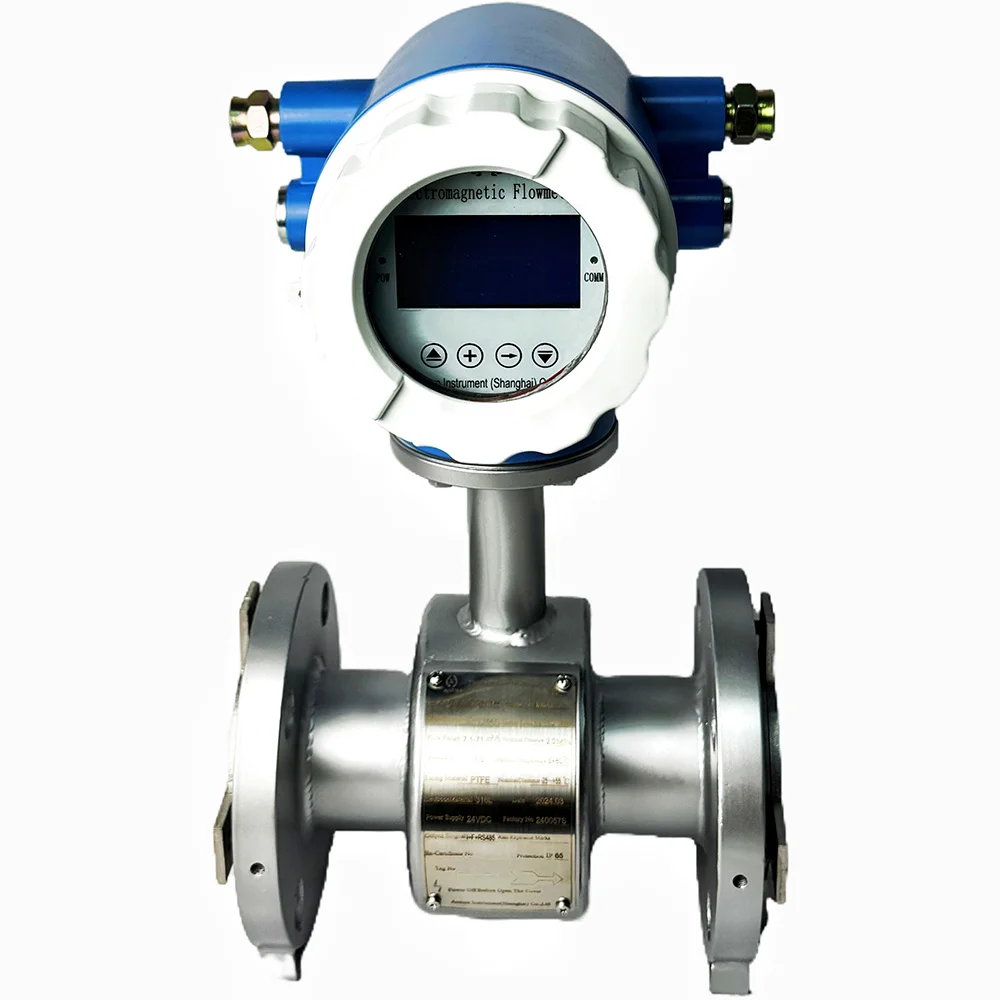Running a small business involves numerous responsibilities, and one crucial aspect is managing the financial records effectively. Accounting plays a pivotal role in tracking income, expenses, and overall financial health. However, with various accounting methods available, it can be challenging for small business owners to determine the best approach. In this blog post, we will explore different types of accounting methods and help you make an informed decision that suits your small business needs.
- Cash Basis Accounting:
Cash basis accounting is a straightforward method commonly used by small businesses. It records transactions when cash is received or paid out. This method provides a clear picture of actual cash flow, making it ideal for businesses with simple operations and immediate revenue recognition. However, it may not be suitable for businesses that extend credit or have complex financial transactions. - Accrual Basis Accounting:
Accrual basis accounting records transactions when they occur, regardless of cash flow. This method provides a more accurate representation of a business's financial position, especially for companies with credit sales or long-term projects. Accrual accounting matches revenue and expenses, providing a comprehensive view of profitability. However, it requires meticulous record-keeping and may not be suitable for businesses with limited resources or irregular cash flow. - Hybrid Accounting:
For small businesses seeking a balance between simplicity and accuracy, hybrid accounting offers a viable solution. This method combines elements of both cash and accrual accounting, allowing businesses to record certain transactions on a cash basis while using accrual accounting for others. It provides flexibility and can be tailored to suit specific business needs. However, careful consideration is required to ensure accurate financial reporting. - Industry-Specific Accounting:
Certain industries have unique accounting requirements due to specific regulations or reporting standards. For example, construction businesses may need to use percentage-of-completion accounting to track long-term projects accurately. Similarly, retail businesses may benefit from specific inventory valuation methods. Understanding industry-specific accounting practices is crucial for small businesses to comply with regulations and make informed financial decisions. - Software Solutions:
In today's digital era, accounting software has revolutionized small business accounting. Cloud-based platforms like QuickBooks, Xero, and FreshBooks offer a range of features to streamline financial management. These software solutions often support multiple accounting methods, allowing businesses to choose the most suitable approach. Utilizing accounting software not only enhances accuracy but also saves time and reduces the risk of errors.
Conclusion:
Selecting the best accounting method for your small business is a critical decision that impacts financial reporting, tax obligations, and overall business performance. Consider the nature of your business, cash flow patterns, industry-specific requirements, and available resources when making this choice. Whether you opt for cash basis, accrual basis, hybrid accounting, or industry-specific practices, leveraging accounting software can significantly simplify the process. By choosing the optimal accounting method, you can ensure accurate financial records, make informed decisions, and drive the success of your small business.






